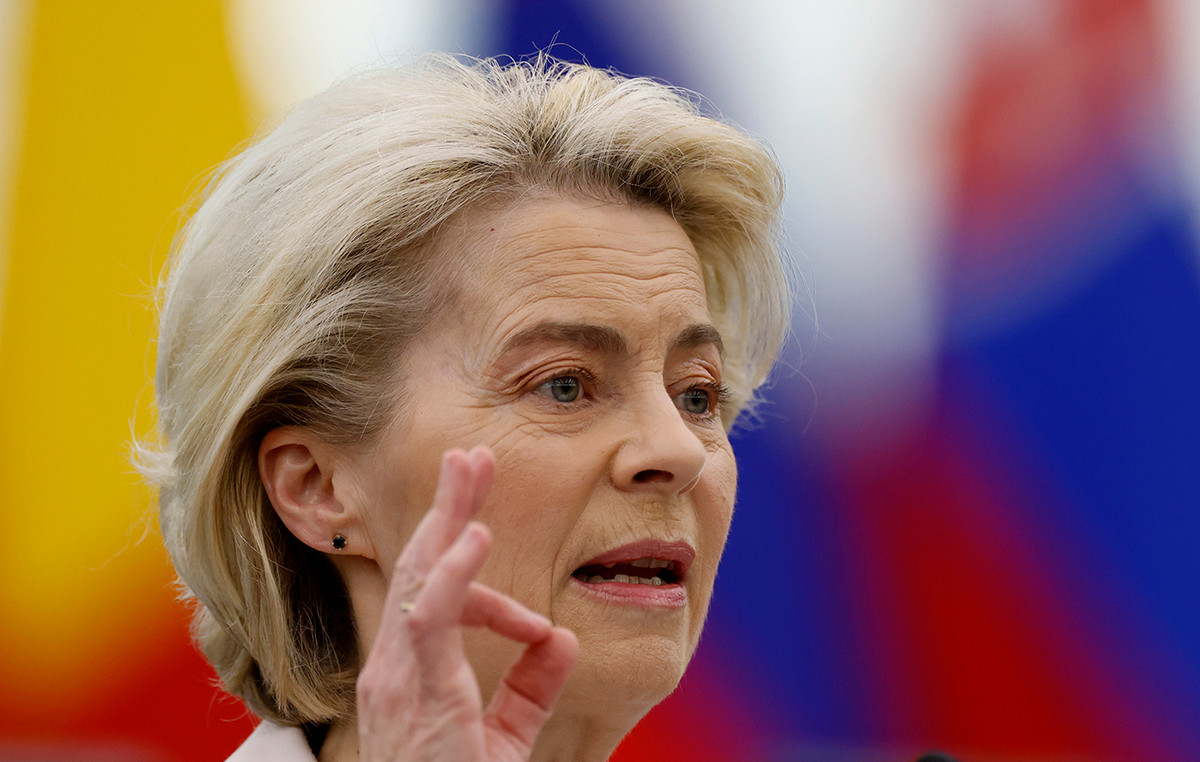The Court of Justice of Minas Gerais allowed a child suffering from severe epilepsy carry out the treatment cannabidiol base , substance derived from cannabis. The decision upheld the injunction granted by the 1st Criminal and Childhood and Youth Court of the District of Nova Lima.
According to the court order, the state of Minas and the municipality of Nova Lima must provide the treatment, under penalty of blocking funds.
The Public Prosecutor’s Office of Minas Gerais filed a public civil action so that public entities were obliged to provide medication to a 7-year-old boy, who has epilepsy that is difficult to control due to sickle cell anemia.
According to the MP, the drug is necessary to reduce the impact of the disease, control epileptic seizures and improve the patient’s quality of life.
The state had appealed in the 1st instance, claiming that it could not be obliged to supply experimental drugs, as understood by the Federal Supreme Court (STF) and that actions that demand the supply of drugs without registration with the National Health Surveillance Agency (Anvisa) should necessarily be proposed to the Union.
Among other points, the state of Minas Gerais also stated that medical reports did not mention any scientific study or comparative clinical parameters that would justify the choice of the prescribed product and the reason for choosing cannabidiol, to the detriment of the therapeutic alternatives provided by the Unified Health System. (SUS).
Indispensability of treatment
When analyzing the appeal, the rapporteur, Judge Alberto Diniz Junior, highlighted the medical report attached to the file, in which the responsible physician informed that, due to his health problems, the boy had undergone a bone marrow transplant. After this procedure, he had a severe epileptic condition. Several medications had already been administered to the patient, but only after the use of cannabidiol was there an absolute improvement in the frequency of epileptic seizures.
According to the rapporteur, cannabidiol, in fact, has not yet been registered with Anvisa, as argued by the state of Minas Gerais. However, the rapporteur considered that Resolution 335/2020, from the agency itself, defines criteria and procedures regarding the importation, by individuals, for their own use, of a product derived from cannabis, upon prescription by a qualified professional for health treatment.
Judge Alberto Diniz Junior then cited the theme of the STF in which it was determined that “it is up to the State to provide, in exceptional terms, a medicine that, although not registered with Anvisa, has its importation authorized by the health surveillance agency, provided it is proven the patient’s economic incapacity, the clinical indispensability of the treatment, and the impossibility of replacing it with a similar one contained in the official lists of medication dispensation and the therapeutic intervention protocols of the SUS”.
In the rapporteur’s assessment, this thesis applied to the case, as there was satisfactory evidence in the process demonstrating that other medications had already been administered to the child, without effectiveness, and that the family did not have the financial conditions to purchase the medication.
“Since health is a citizen’s right and a duty of the State, in a broad sense, once the indispensability of the treatment has been proven and the impossibility of replacing it with a similar one contained in the official lists of medication dispensing and the therapeutic intervention protocols of the SUS, the Government may be compelled to supply the medicine”, highlighted the rapporteur Alberto Diniz Junior.
Thus, the judge Alberto Diniz Junior denied the appeal and maintained the injunction, being followed, in his decision, by the judge Maurício Soares.
Source: CNN Brasil
I am an experienced journalist and writer with a career in the news industry. My focus is on covering Top News stories for World Stock Market, where I provide comprehensive analysis and commentary on markets around the world. I have expertise in writing both long-form articles and shorter pieces that deliver timely, relevant updates to readers.







